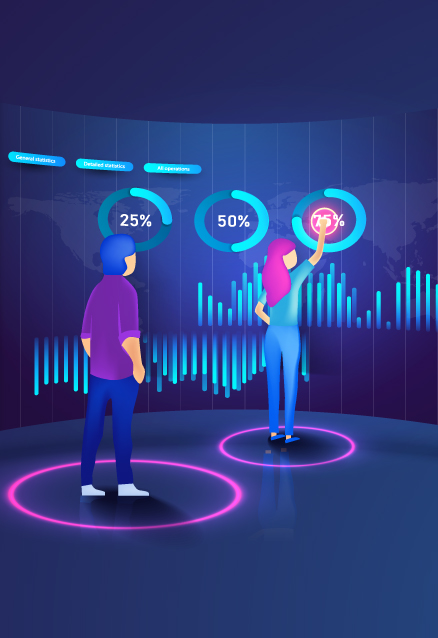


Artificial intelligence in marketing
The increasing relevance of artificial intelligence (AI) in marketing cannot be overlooked. Not only has AI made enormous progress in recent years, but it is also changing the way companies develop and implement their marketing strategies. This article sheds light on the potential applications, benefits and challenges of AI in marketing.
AI enables companies to collect, analyze and use data more efficiently. Machine learning enables algorithms to recognize patterns in large data sets, which leads to personalized advertising campaigns. Dynamic ads that adapt to individual user interests are one example of this. AI also enables a real-time response to market changes, which makes it easier to adapt strategies.
AI is not only revolutionizing the automation of processes and the personalization of advertising campaigns. Intelligent image recognition systems automatically analyze images for targeted marketing measures. Data-driven development of marketing strategies through machine learning enables the analysis of large amounts of data and the identification of patterns. AI also supports automated market research and analysis, which saves time and generates valuable knowledge.
Challenges in the implementation of AI strategies in marketing
Challenges when implementing AI strategies are: ensuring high-quality data, mastering the digital transformation and employee acceptance of AI. Data protection and ethical issues must also be taken into account.
The implementation of artificial intelligence in marketing is revolutionizing strategy development, but it also poses challenges. Companies that master these challenges can benefit from the numerous advantages. The future of marketing lies in the intelligent connection between man and machine, and companies should invest in this technology today in order to remain competitive.
Would you like to find out more about how companies can master these challenges and reap the benefits? Then please contact us!















